Directory
- Share
Abdullah Hasan Safir
- Scholar-elect
- Bangladesh
- 2024 PhD Interdisciplinary Design
- Trinity Hall
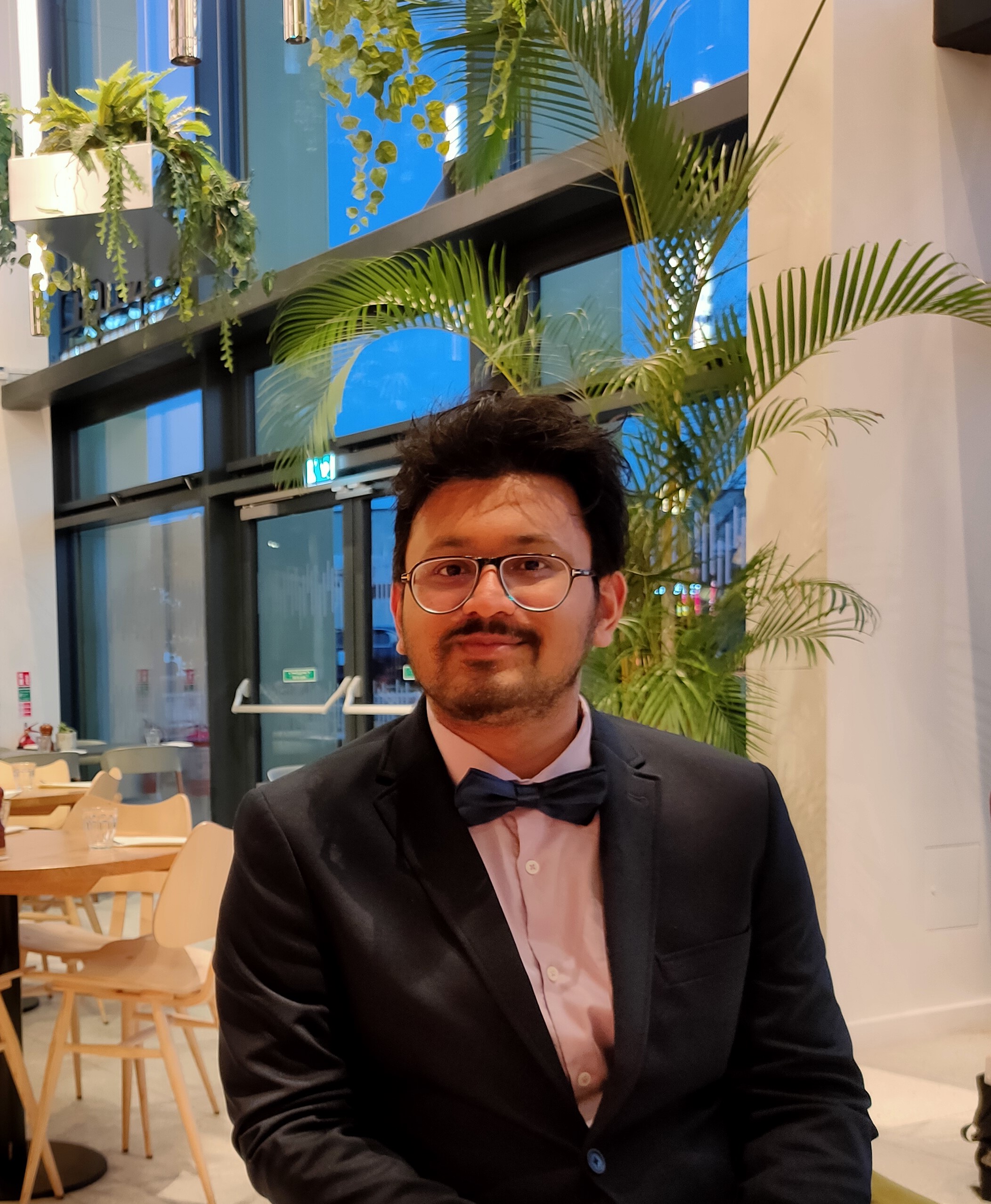
Abdullah Hasan Safir
- Scholar-elect
- Bangladesh
- 2024 PhD Interdisciplinary Design
- Trinity Hall
I am an AI ethics and critical design researcher interested in reimagining AI from Majority World perspectives. I blend decolonial approaches with ethnographic and computational methods to analyse the implications of digital technologies on the historically marginalised populations in the Global South. I have recently completed my MPhil in Ethics of AI, Data, and Algorithms at the Leverhulme Centre for Future of Intelligence (LCFI), University of Cambridge, funded by Trinity Hall Postgraduate Research Studentship. Previously, as a Research Assistant at LCFI, I contributed to organising the Many Worlds of AI conference and co-edited its digital proceedings. I also co-designed a toolkit helping journalists worldwide in responsibly communicating AI’s harms and potentials. I completed my MA at the Centre for Interdisciplinary Methodologies (CIM), University of Warwick with Commonwealth Scholarship, achieved distinctions, and was awarded for my academic excellence. Prior, as a Senior Research Associate at BRAC University, I co-developed a Digital Strategy Primer for Bangladesh launched by the State Minister of the ICT Division in collaboration with the University of Oxford.
Previous Education
University of Cambridge Ethics in AI,Data&Algorithms 2024
University of Warwick Digital Media and Culture 2022
Bangladesh University of Engineering & Technology Civil Engineering 2018
Links
https://www.abdullahsafir.net
https://www.linkedin.com/in/abdullah-safir-07944122b
Aiden Sagerman
- Scholar-elect
- United States
- 2024 MPhil History and Philosophy of Science and Medicine
- Trinity College

Aiden Sagerman
- Scholar-elect
- United States
- 2024 MPhil History and Philosophy of Science and Medicine
- Trinity College
I grew up in San Francisco, California, and completed a B.A. in Comparative Literature & Society and Mathematics at Columbia University. I’m broadly interested in the relationship between technical knowledge and social order, particularly in the histories of eugenics and mathematics. My work at Columbia has focused on transnational collaboration in early-twentieth-century eugenics, interrogating how eugenicists in America collaborated with their European counterparts across national boundaries and political disagreements. As a Gates Cambridge scholar, I will continue to study histories of eugenics and concepts of race, transnational scientific collaboration, and mathematics and quantification. Throughout, I seek to explore what the recent past can teach us about the politics of today as eugenic thought, international right wing movements, and (frequently inscrutable) mathematical reasoning continue to grow in political relevance. As someone with interests across the humanities, the social sciences, and STEM, I am thrilled to join a community of interdisciplinary scholars dedicated to bridging the academy and the public sphere.
Previous Education
Columbia University Comparative Literature, Math 2024
Jonathan Salamon
- Scholar-elect
- United States
- 2024 PhD Music
- Emmanuel College
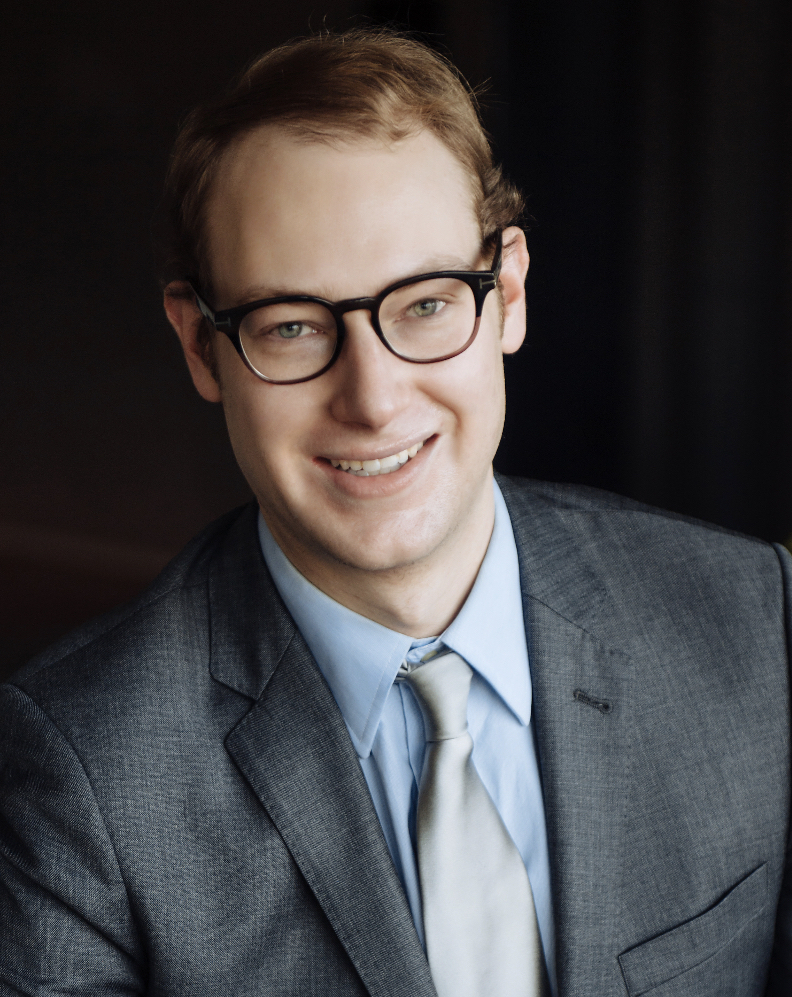
Jonathan Salamon
- Scholar-elect
- United States
- 2024 PhD Music
- Emmanuel College
I am a historical keyboardist passionate about eighteenth-century music history and theory. While an undergraduate at New York University, I became fascinated with historical approaches to improvisation and keyboard pedagogy. I continued my graduate work at the Yale School of Music in harpsichord performance. There, I wrote my thesis on a galant schema I identified in repertoire from the baroque period and beyond. My PhD research will focus on George Frideric Handel’s keyboard music, using schema theory and other modes of analysis to gain new insights into Handel’s musical “voice” at the keyboard and to adapt a pedagogy for recreating music in his style. I aim to make repertoire from the past more accessible to audiences and students by highlighting common harmonic elements between the music of the early modern period and the present day.
Previous Education
Yale University Harpsichord Performance 2023
Yale University Harpsichord Performance 2017
Júlia Sánchez Viladevall
- Scholar-elect
- Spain
- 2024 PhD Haematology
- Downing College
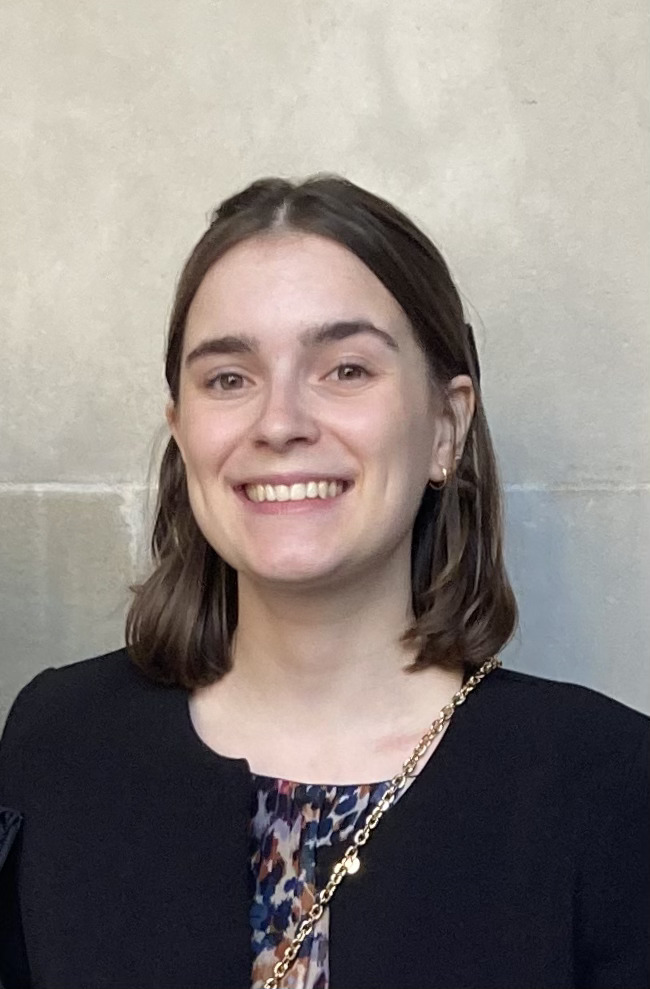
Júlia Sánchez Viladevall
- Scholar-elect
- Spain
- 2024 PhD Haematology
- Downing College
My research experiences to the date have made me discover my passion for developmental haematology, a field that lies in the intersection between developmental, stem cell and cancer biology. My commitment to research in the field goes far beyond my academic training. As a former blood cancer patient, I aim to bridge the gap between haematology patients and researchers. I collaborate with the biggest blood cancer foundation in Spain, my home country, to teach blood cancer patients about their diseases in an understandable way. During my PhD at the University of Cambridge I aim to explore human blood stem cell fate decisions during foetal life, understanding their differentiation dynamics and the molecular underlying mechanisms. I feel honoured to have been chosen to be part of the Gates community. I am determined to keep working to produce high quality research in the field of haematology whilst engaging in the society to improve the quality of life of blood cancer patients.
Previous Education
University of Cambridge Stem Cell Biology 2024
Sorbonne Université Molecular and Cell Biology 2023
Universitat de Barcelona Biomedical Sciences 2023
Sara Sherbaji
- Scholar-elect
- Syrian Arab Republic
- 2024 PhD Biological Anthropology
- King's College

Sara Sherbaji
- Scholar-elect
- Syrian Arab Republic
- 2024 PhD Biological Anthropology
- King's College
Since leaving Syria during the war, my goal has been to try to understand human behaviour in its most fundamental aspects. What is it that makes people think and act, individually and communally, in the way that they do? To this end, I am carrying out a doctorate in biological anthropology, a discipline which seeks to answer these questions through analysis of our physical makeup and deep history. Specifically, through the application of the principles and tools of the evolutionary sciences, biological anthropology aims to uncover ‘human nature’ in its broadest and most universal aspects. My particular area of research is the cause of our success as a species: is this to be attributed more to our powers of theoretical understanding, or to our ability to follow, transmit, and refine cultural norms and practices? I intend to conduct a series of experiments and develop a range of computational models to investigate the issue. I am incredibly fortunate to have the opportunity to work with the Gates Foundation. With their support, I hope to expand our understanding of the human species, i.e. each other, and thereby make a world with fewer man-made tragedies.
Previous Education
University College London Human Evolution and Behaviour 2024
Heriot-Watt University, Dubai Psychology with Management 2016
Ankit Singh
- Scholar-elect
- India
- 2024 PhD History
- Trinity College
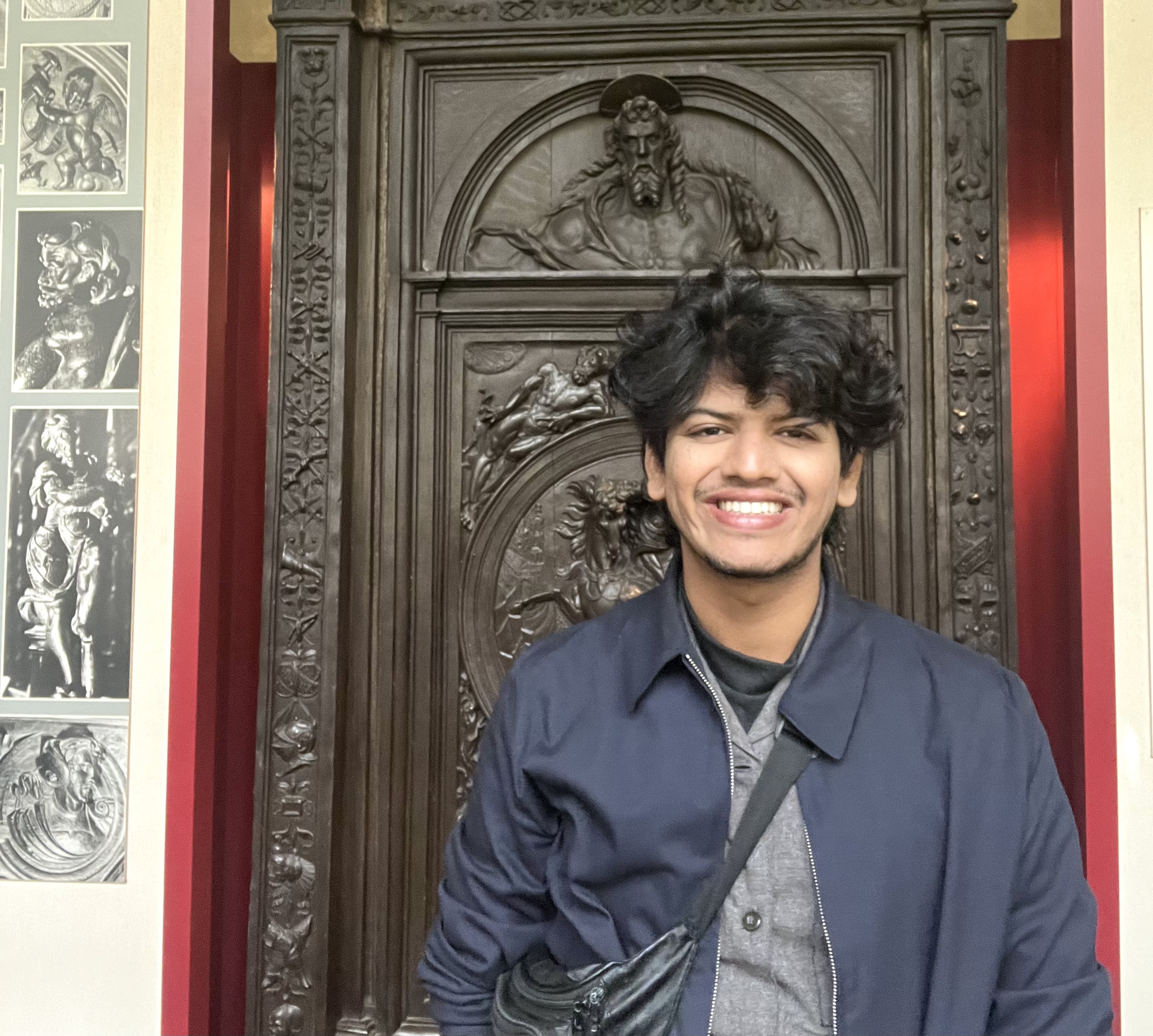
Ankit Singh
- Scholar-elect
- India
- 2024 PhD History
- Trinity College
Studies focussing on the historical analysis of labour in the global North require subjective reflections and reversal of location for a comprehensive understanding and comparison of the development of capitalism in the global South. I am studying the labour history, production regimes, and automobile industry of mid-20th and 21st-century India. I will be tracing the differences in the modes of production, modes of control, violence, resistance, and working lives in industrialized countries from those of the countries in the global South, particularly India. My methodological interests are labour historiography, economic history, and archival research. My academic focus stems from three years of involvement with labourers in the Gurugram-Manesar-Faridabad automotive region and my multidisciplinary study of labouring lives at Jawaharlal Nehru University (JNU). I am locating the ‘labour question historically’ and ‘regimes of production’ in the mid-twentieth (since the start of the auto-component manufacturing industry) and the twenty-first-century automobile industry in India. I am comprehensively mapping out the changes in class formation, [dominant] mode of production, working-class resistance movements, feminization, and state-capital-labour relations. Such a comprehensive historical account of the auto-sector workers is absent in the existing labour historiography. Although the concerns of the working class in the global South are increasingly becoming globally reflected in the scholarship, the labour history of the Indian automobile sector requires a clear distinction in location, temporalities, and concerns.
Previous Education
Jawaharlal Nehru University Development and Labour Studies 2022
Christ University, Bangalore Economics (Honours) 2020
Links
Aryaman Raj Sokhal
- Scholar-elect
- India
- 2024 PhD Chemistry
- Queens' College
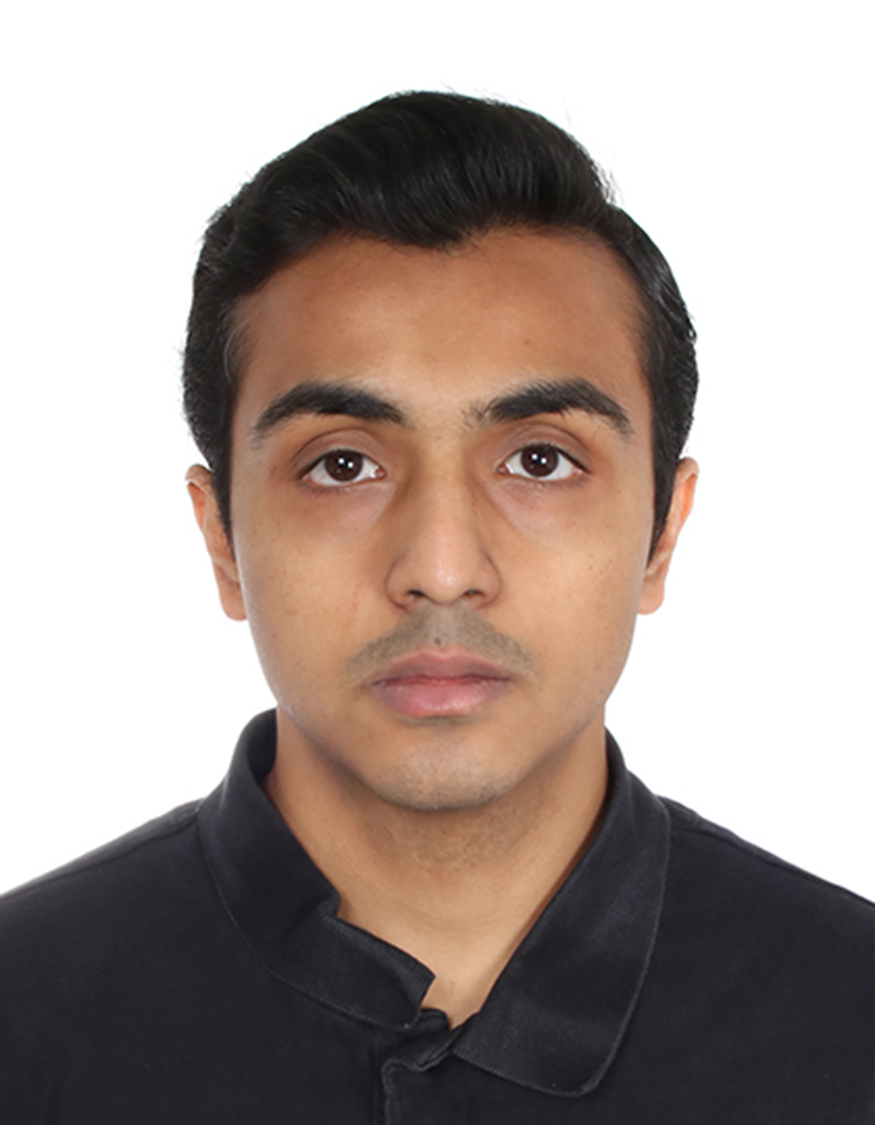
Aryaman Raj Sokhal
- Scholar-elect
- India
- 2024 PhD Chemistry
- Queens' College
I grew up in New Delhi, India. At the age of three, I was diagnosed with asthma, and it was then that I developed a deep fascination with how medicines could so easily relieve my symptoms. This fascination led me to the University of Cambridge for an integrated Master's degree in Chemistry, which I could use as a tool to contribute to the development of drugs that could help so many people in need around the world. Thanks to the Gates Cambridge Scholarship, I am one step closer to this goal as I will pursue my PhD in synthesising drugs that could potentially be used to treat cancers resistant to traditional chemotherapy. I am highly grateful to become a part of this community of diverse individuals with one common goal - the betterment of mankind. I look forward to enriching discussions and projects with fellow Gates Cambridge Scholars, which will not only improve my perspective on the wider world but will also have an incredible impact on humanity.
Previous Education
University of Cambridge Natural Sciences Tripos 2024
University of Cambridge Natural Sciences Tripos 2023
Paula Suchantke
- Scholar-elect
- Germany
- 2024 PhD Polar Studies
- Newnham College
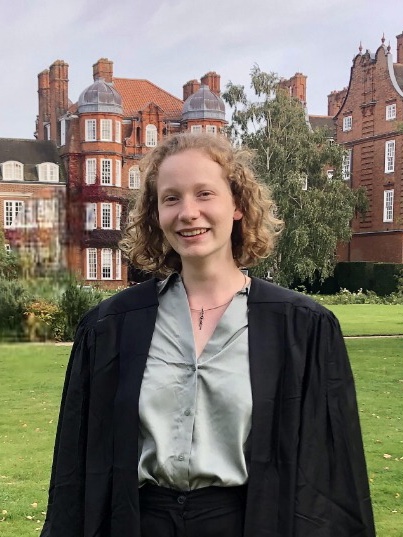
Paula Suchantke
- Scholar-elect
- Germany
- 2024 PhD Polar Studies
- Newnham College
During my undergraduate degree in Geography at Cambridge I became fascinated with glaciology, leading me to pursue an MPhil degree in Polar Studies at the Scott Polar Research Institute. My research interests have gradually become focussed on Antarctic ice shelves – the floating extensions of outlet glaciers that restrain the discharge of glacial ice into the ocean. Under increasing atmospheric temperatures vast meltwater systems are likely to become more prevalent across ice shelves in Antarctica, which poses a threat to their stability as water provides a powerful mechanism of driving fractures through the ice. In my doctoral research, I will continue to focus on the stability of ice shelves in Antarctica. Using remote sensing and machine learning techniques I will set out to produce a continent-wide, three-dimensional dataset of meltwater storage and potential flow pathways on Antarctic ice shelves. In this way, I endeavour to further our understanding of the sensitivity of the Antarctic ice sheet to anthropogenic climate change and thereby hope to contribute to a growing body of scientific literature that informs policymaking in a time of environmental crisis.
Previous Education
University of Cambridge Polar Studies 2024
University of Cambridge Geography 2022
Katerina Sviderska
- Scholar-elect
- Canada
- 2024 PhD Slavonic Studies
- King's College
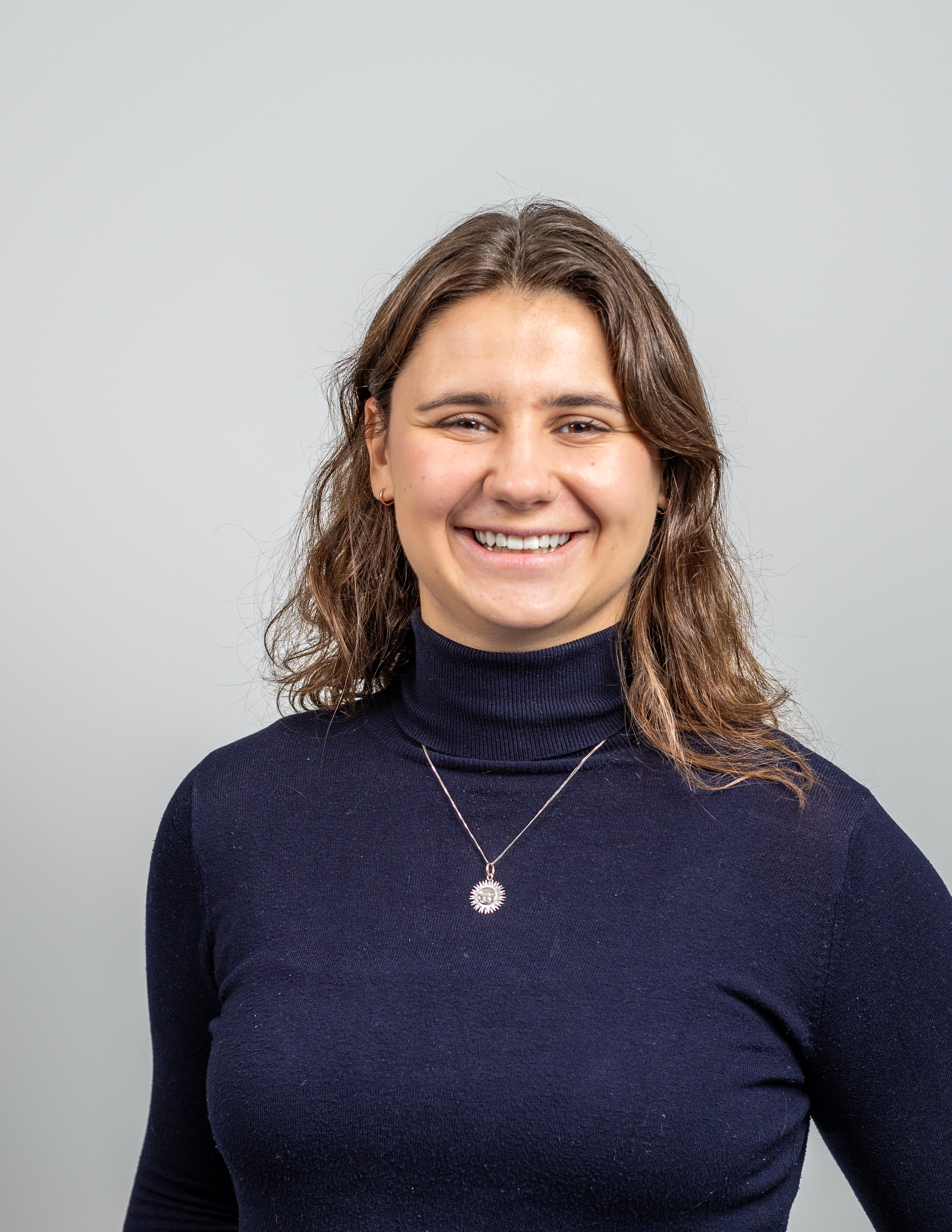
Katerina Sviderska
- Scholar-elect
- Canada
- 2024 PhD Slavonic Studies
- King's College
Originally from Kherson, Ukraine, I grew up in Montreal, Canada. I hold a B.Sc. in International Studies from Université de Montréal and an M.Sc. in Political Science from the same institution. My research interests focus on nationalism and memory studies, particularly in Eastern Europe. My master's thesis examined Russian historical myths about Ukraine, while my broader work explores nation-building, everyday nationalism, memory and identity politics. As a PhD Candidate in Slavonic Studies at the University of Cambridge, I investigate the interplay between grassroots initiatives of remembrance and state-level memory politics, using Ukraine as a case study. A firm believer in the transformative power of education, I have held various research, teaching, and mentoring positions and collaborated with human rights and cultural preservation organizations in Ukraine.
Previous Education
Universite de Montreal Political Science 2024
Universite de Montreal International Studies 2022
Sydney Swedick
- Scholar-elect
- United States
- 2024 PhD Clinical Neurosciences
- Darwin College
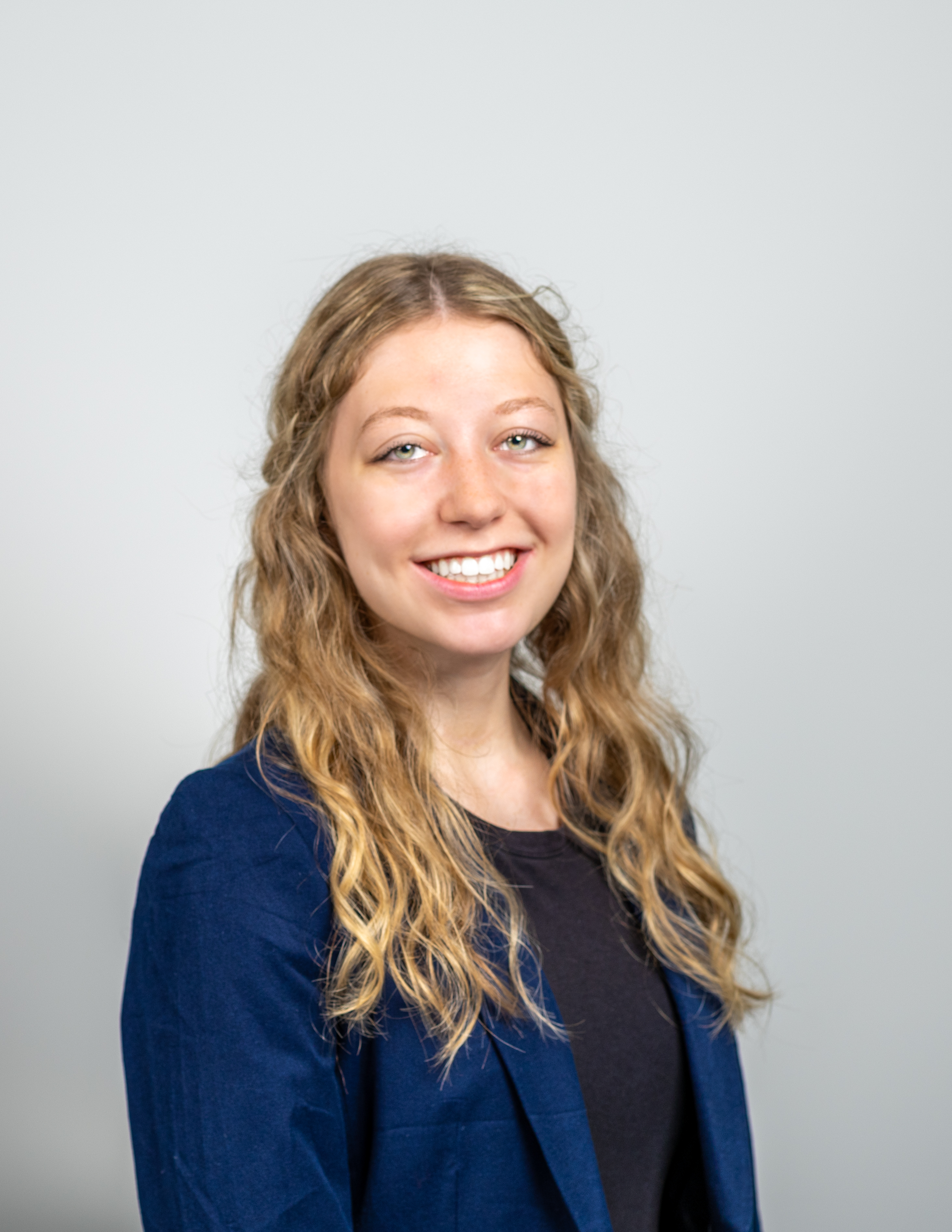
Sydney Swedick
- Scholar-elect
- United States
- 2024 PhD Clinical Neurosciences
- Darwin College
As a child, I was found taking photos next to my train track creations, being enthralled by my father’s construction projects, and fiddling with computers. As I got older I never lost the adrenaline rush from the magic done with my own two hands. I would be an engineer, and the type became clear through my spinal fusion surgery at twelve–biomedical engineering. Through the guidance of incredible mentors, I have conducted neuroscience research at Johns Hopkins and Harvard Medical School, as well as regenerative medicine at my undergraduate institution, University at Buffalo. At the University of Cambridge I will combine neuroscience and biomedical engineering to create a device that involves flexible electronics and tissue to restore sensory perception after peripheral nerve injuries; a treatment we hope to adapt for after strokes, traumatic brain injury, and spinal cord injury. Additionally, coming from a small rural town, I will continue to advocate for educational equity gaining a global perspective on the disparities within the system. Afterwards, I plan to go to medical school working towards creating innovative solutions to the world’s most devastating healthcare issues, and starting my own biotechnology company.
Previous Education
University at Buffalo Biomedical Engineering 2024
Schenectady Community College Science 2022
Marianna Szambelan
- Scholar-elect
- Poland, United States
- 2024 PhD Physics
- Darwin College
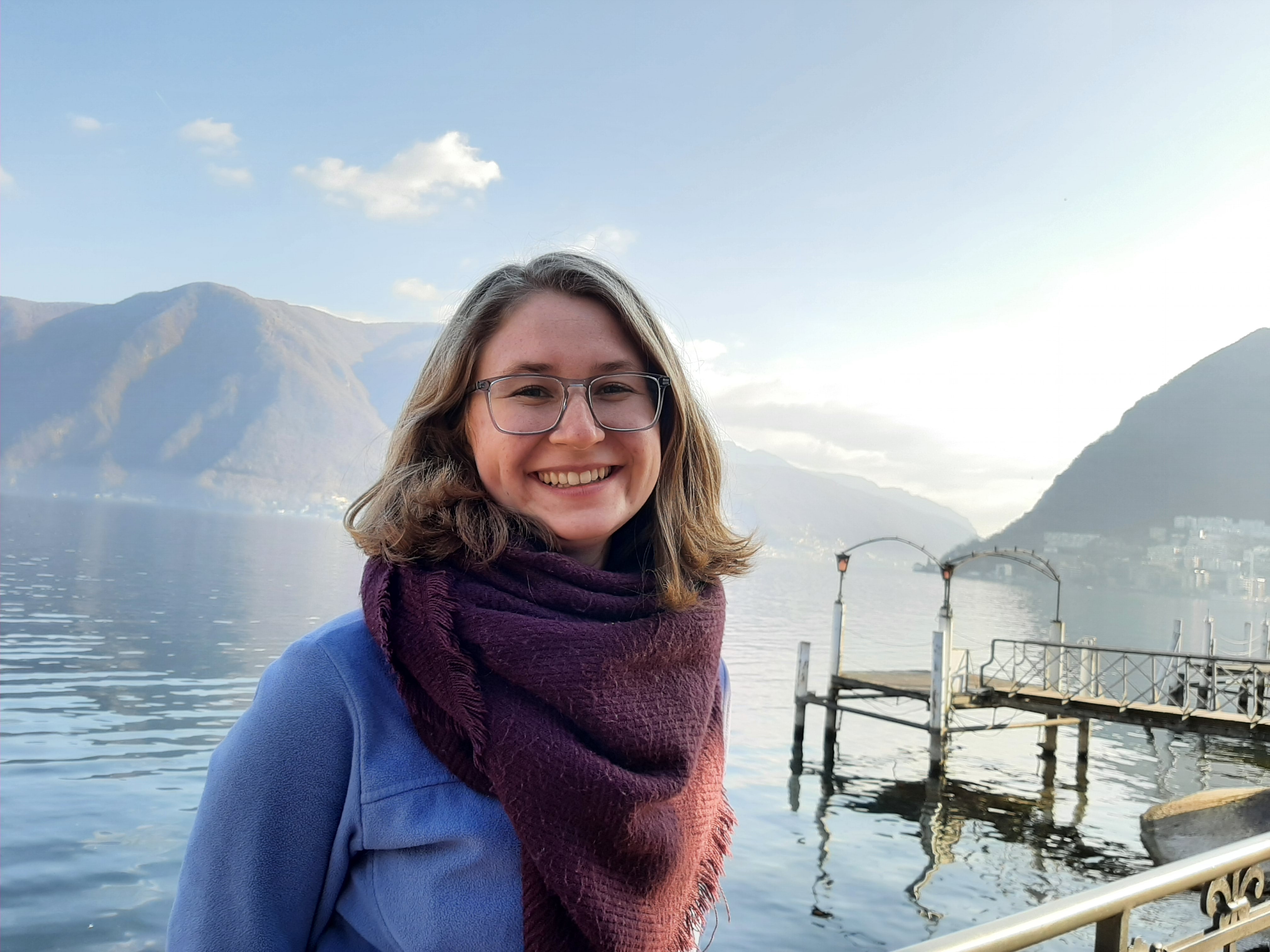
Marianna Szambelan
- Scholar-elect
- Poland, United States
- 2024 PhD Physics
- Darwin College
My curiosity for physics began in a high school classroom in California with a simple question: how can I describe the natural world? The quest to answer this has led me first to Switzerland to complete a BSc in Physics at ETH Zurich, and then to Cambridge for an MPhil in Scientific Computing with the support of the DeepMind Scholarship. Along the way, I’ve leveraged the power of computational physics, which is a vital tool for understanding physical phenomena that are otherwise difficult or even impossible to study. During my PhD, I will focus on the design of nuclear fusion reactors. Using high power computing to generate state of the art numerical simulations will enable me to explore both the stability of the plasma within the reactor as well as to optimise the design of the reactor itself. Through this project I will join the global and interdisciplinary effort to accelerate the path towards harnessing the power of nuclear fusion and providing a clean and economic energy source.
Previous Education
University of Cambridge Scientific Computing 2024
ETH Zurich Physics 2023
Tomás Tancredi
- Scholar-elect
- Brazil, Italy
- 2024 PhD Social Anthropology
- King's College
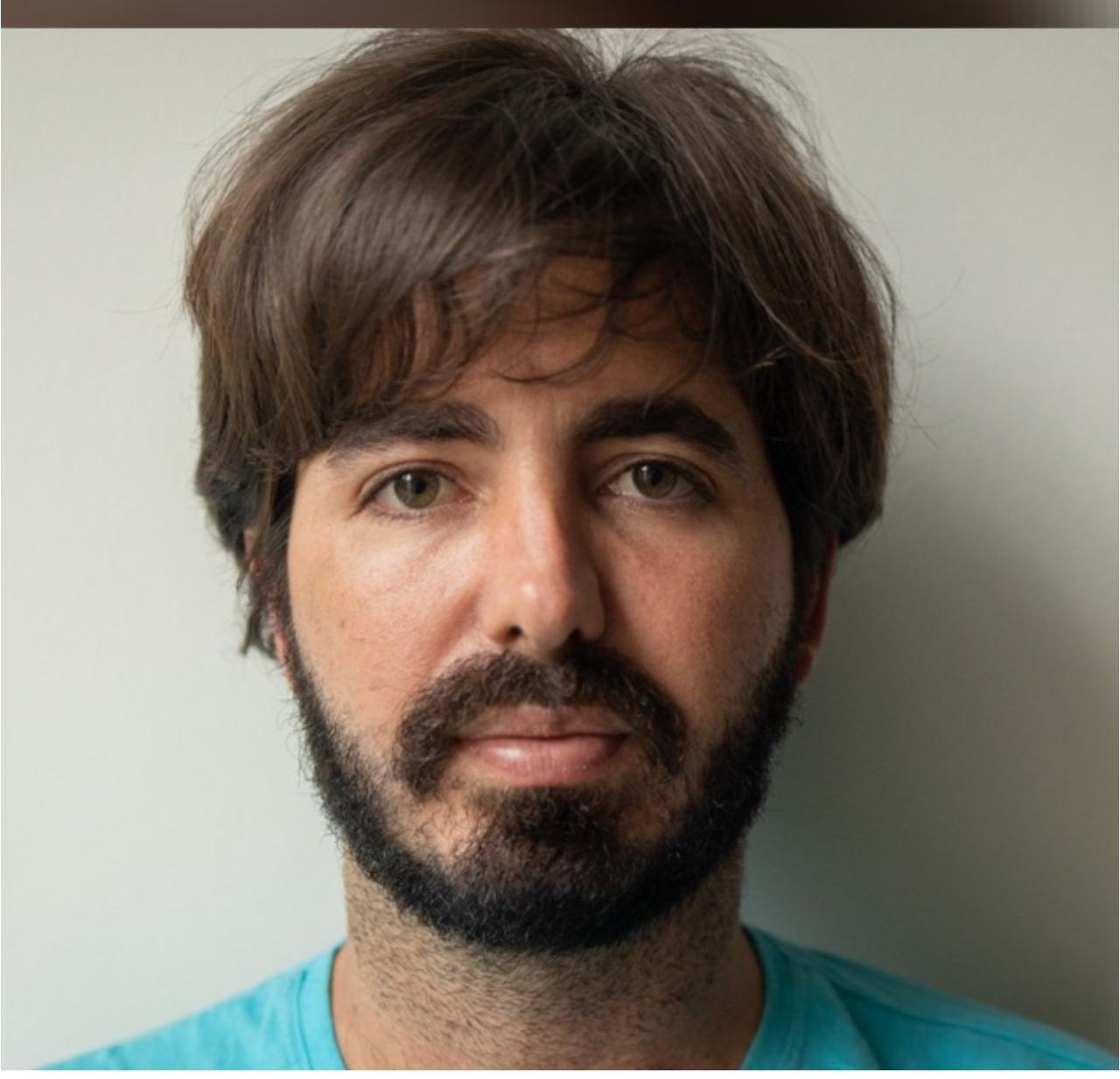
Tomás Tancredi
- Scholar-elect
- Brazil, Italy
- 2024 PhD Social Anthropology
- King's College
I grew up in Florianópolis, southern Brazil, where I graduated as a psychologist at UFSC. I moved to Rio de Janeiro for a master's degree in Sociology and Anthropology at UFRJ, shifting my focus to the impact of illegal gold mining on Indigenous Territory. Since 2020 I lived in northern amazon combining humanitarian action with field research. I have been working for UN Agencies and indigenous organisations and I've witnessed a great deal of extreme violence on the region; strikingly, most of it resulted from good intentions combined with anthropological ignorance. During my master's, I researched the topic of indigenous suicide focusing on ethnological concept of the amerindian body. The northern Amazonian region has faced an ongoing political transformation: from highly segregated and autonomous political villages to highly associated interethnic organisations. Today new indigenous political forms of action and creative institutions in situations of contested sovereignty arise as responses to predatory extractivism such as ilegal mining, paramilitary forces and State control.Building on recent debates inspired by Amerindian thought, I will investigate interconnected concepts such as body and sovereignty; freedom and dependency.
Previous Education
Federal University of Rio de Janeiro Social Anthropology 2023
Universidade Federal de Santa Catarina Psychology 2017
Universita Degli Studi Bologna Antropologia Culturale
Aashka Tank
- Scholar-elect
- India
- 2024 MPhil Innovation, Strategy and Organisation
- Robinson College
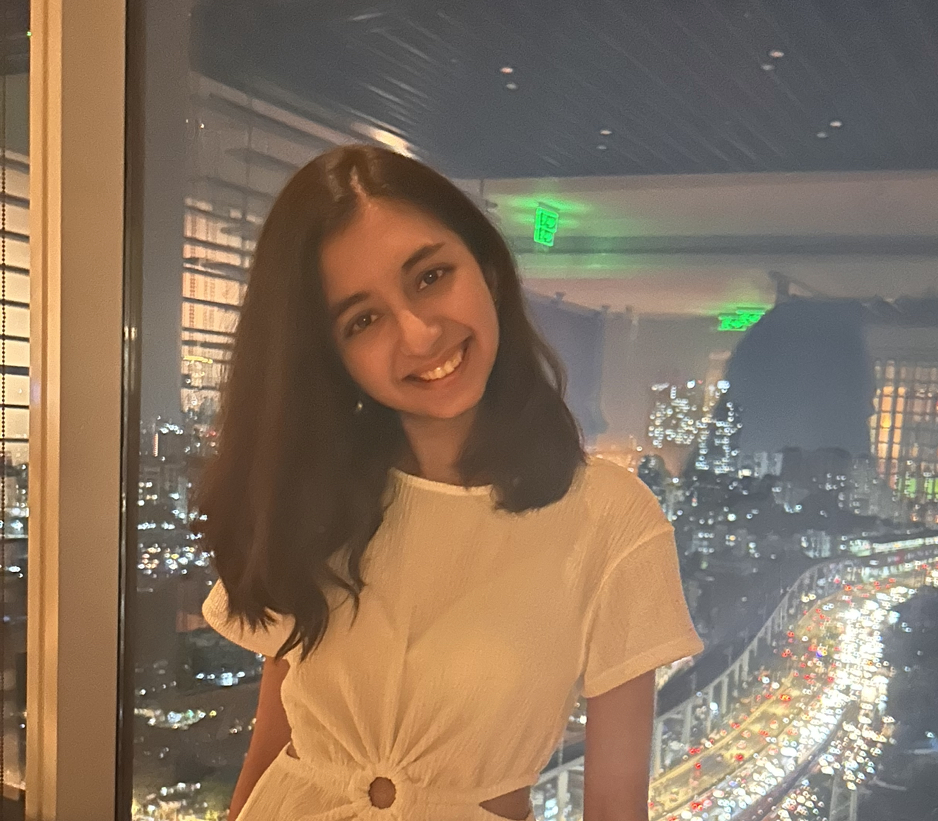
Aashka Tank
- Scholar-elect
- India
- 2024 MPhil Innovation, Strategy and Organisation
- Robinson College
Being born in the financial capital of India, Mumbai, and being raised by entrepreneurs has fundamentally shaped the trajectory of my intellectual interests. Early on, I saw that decisions have to be made pragmatically, to account for all possibilities and creatively, to adapt to unknown unknowns. I think this is the core of my motivation for studying Innovation, Strategy and Organisation : to help inform decisions of real businesses across a range of sectors, to glean broad insights so that diverse companies can better tackle the seismic shifts technological evolution brings. I aspire to contribute more perceptively to the conversation that I have been part of ever since I was a child. I aim to understand how businesses can scale effectively to leverage the capacity of distinctive companies that want to make a dent in the world. Studying PPE (BSc) has given me an interdisciplinary toolbox, supplemented by my experiences in working in the Indian parliament, a national industry body, a research database on governance mechanisms in institutions and at a venture capital fund. I am eager deploy both my theoretical and heuristic experiences in my future work.
Previous Education
King's College London (University of London) PPE 2024
Ifeanyichukwu Umunna
- Scholar-elect
- United States, United Kingdom
- 2024 MPhil Criminology
- Murray Edwards College (New Hall)
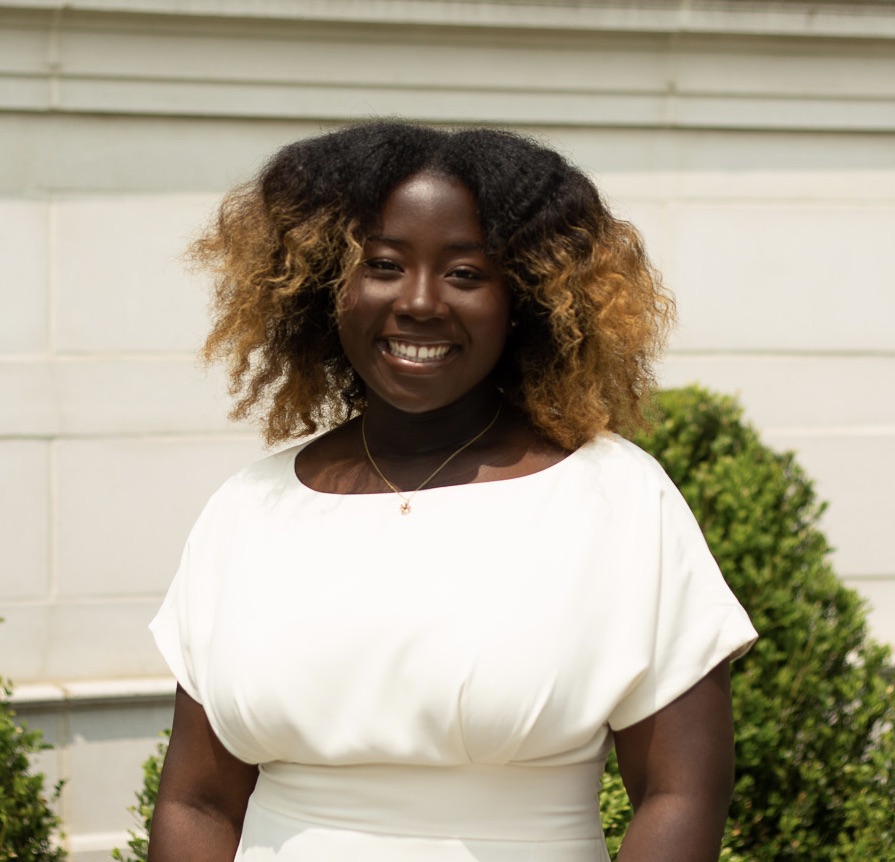
Ifeanyichukwu Umunna
- Scholar-elect
- United States, United Kingdom
- 2024 MPhil Criminology
- Murray Edwards College (New Hall)
I am the proud daughter of an immigrant single mother. My extended family’s experiences with incarceration inform my worldview and push me to dedicate my career to ameliorating the American criminal justice system. As an undergraduate student at American University, I had the delight of serving the D.C. community through varied volunteer positions, including interning with Public Defenders’ offices and supporting local homeless outreach efforts. In these spaces, I learned from the firsthand experiences of justice-involved people, leading me to start ZeEntry, a nonprofit organization dedicated to closing the tech gap in the criminal justice system by connecting justice-involved individuals to Gen Z volunteers. During my MPhil in Criminology at Cambridge, I will study the policies that influence international criminal justice systems and consider how they might be improved to the benefit of all members of society. I am deeply honored to join the Gates Cambridge community as we collectively strive to contribute to a better world.
Previous Education
American University Washington Political Science 2023
Alexa Uriostegui
- Scholar-elect
- United States
- 2024 MPhil Latin-American Studies
- Darwin College

Alexa Uriostegui
- Scholar-elect
- United States
- 2024 MPhil Latin-American Studies
- Darwin College
As the daughter of Mexican immigrants, my connection to Latin America started long before I was born. My family members were the first to plant the seeds of my interest in “philosophies of hope” that I would cultivate during my undergraduate career in Latin American Studies and Spanish at Washington University in St. Louis. In a time when democracy’s future seems uncertain, the Mellon Mays Undergraduate Fellowship allowed me to engage in deep studies of social movements, rekindling my faith in the powerful possibility of collective change. At the root, I am intrigued by social movement theory and particularly, transnational and transracial/transethnic social movements in Latin America. During the MPhil in Latin American Studies at Cambridge, I hope to research how anarcho-punks in Brazil and Mexico use art and music to mobilize their subculture, align themselves with political movements, and educate their surrounding communities. As a current and future educator, I see it as my civic duty to unearth these stories of youth coming together to make a change in society. In addition to my studies, I will collaborate with youth development organizations, local libraries, and museums to put my research into practice. It is an incredible honor to join the Gates Cambridge community.
Previous Education
Washington University Latin American Studies 2023
Lisa Valentini
- Scholar-elect
- Italy
- 2024 PhD Applied Mathematics & Theoretical Physics
- Clare Hall
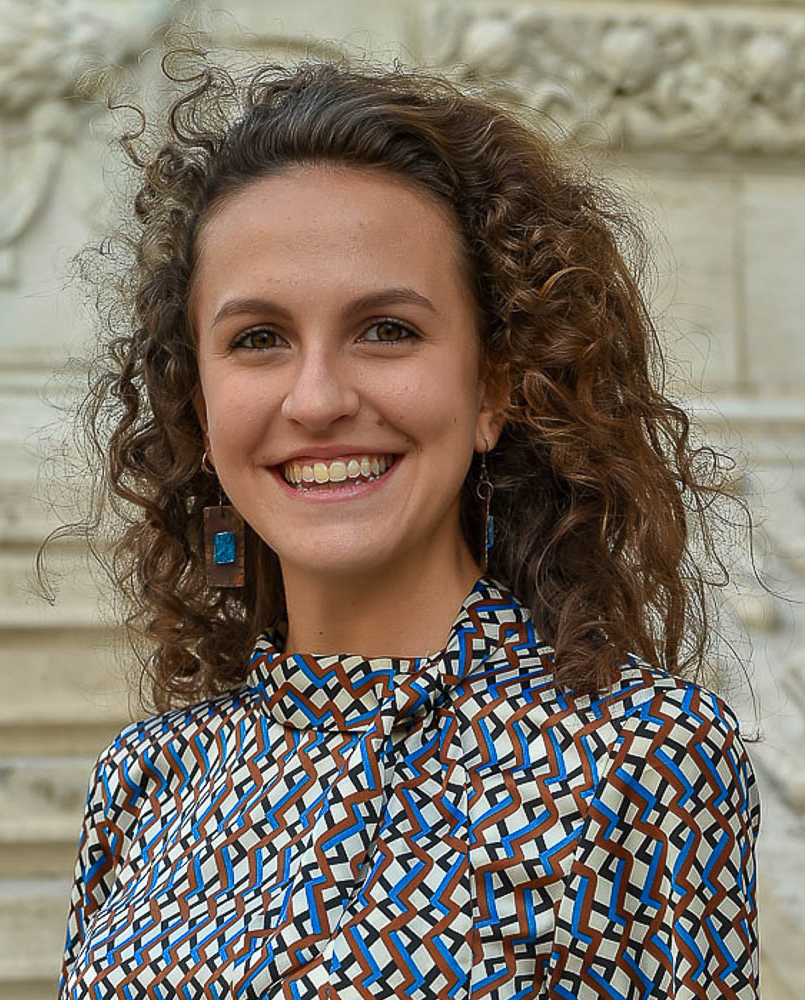
Lisa Valentini
- Scholar-elect
- Italy
- 2024 PhD Applied Mathematics & Theoretical Physics
- Clare Hall
Mathematics suits how my brain works: I enjoy connecting concepts, much like trails and paths connect places on a map. In my studies at the University of Genova, I have developed a strong interest in harmonic analysis and functional analysis, which represent an exciting fusion of analytic questions, algebraic tools, and topological substrates. Upon completing my Master’s degree with a thesis in time-frequency analysis within the University of Vienna’s Applied Harmonic Analysis cluster, I am thrilled to commence my journey in Cambridge and join the Applied Functional and Harmonic Analysis group. Despite my attraction to abstract theory, I am fascinated by how pure mathematics is utilised to investigate problems related to concrete applications, and the AFHA research team embraces this approach. I aim to contribute actively and dynamically to the Cambridge and Gates communities, and to be inspired by the exchange of knowledge and ideas between their members.
Previous Education
Universita Degli Studi di Genova Mathematics 2024
Universita Degli Studi di Genova Mathematics 2022
Alejandra Vijil Morin
- Scholar-elect
- Italy, Nicaragua
- 2024 PhD Education
- Hughes Hall

Alejandra Vijil Morin
- Scholar-elect
- Italy, Nicaragua
- 2024 PhD Education
- Hughes Hall
I am a researcher, psychologist, and educator passionate about fostering safe, sensitive and playful conditions for learning. I studied Psychology in UCA, Nicaragua and later an MPhil in Psychology and Education at the University of Cambridge with a Chevening scholarship. I have worked as a teacher, therapist, researcher and implementer of educational projects in Latin America, the Caribbean, and sub-Saharan Africa. Coming from the Nicaraguan permanent state of emergency, I am confident in the transformative power of education and play to promote collective wellbeing and lasting peace. Instead of a deficit narrative regarding children in emergencies, my research proposal aims to acknowledge the creative ways in which children facing adversity use play. In the midst of pain, play sneaks in to offer not only a moment of joy, but agency over the narrative, control over the uncontrollable. Play offers the possibility to practice the strategies that allow children to overcome the adversity from which we have unjustly failed to protect them.
Previous Education
University of Cambridge Psychology and Education 2021
Universidad Centroamericana Psychology 2019
Julia Weiss
- Scholar-elect
- United States
- 2024 PhD Plant Sciences
- Darwin College
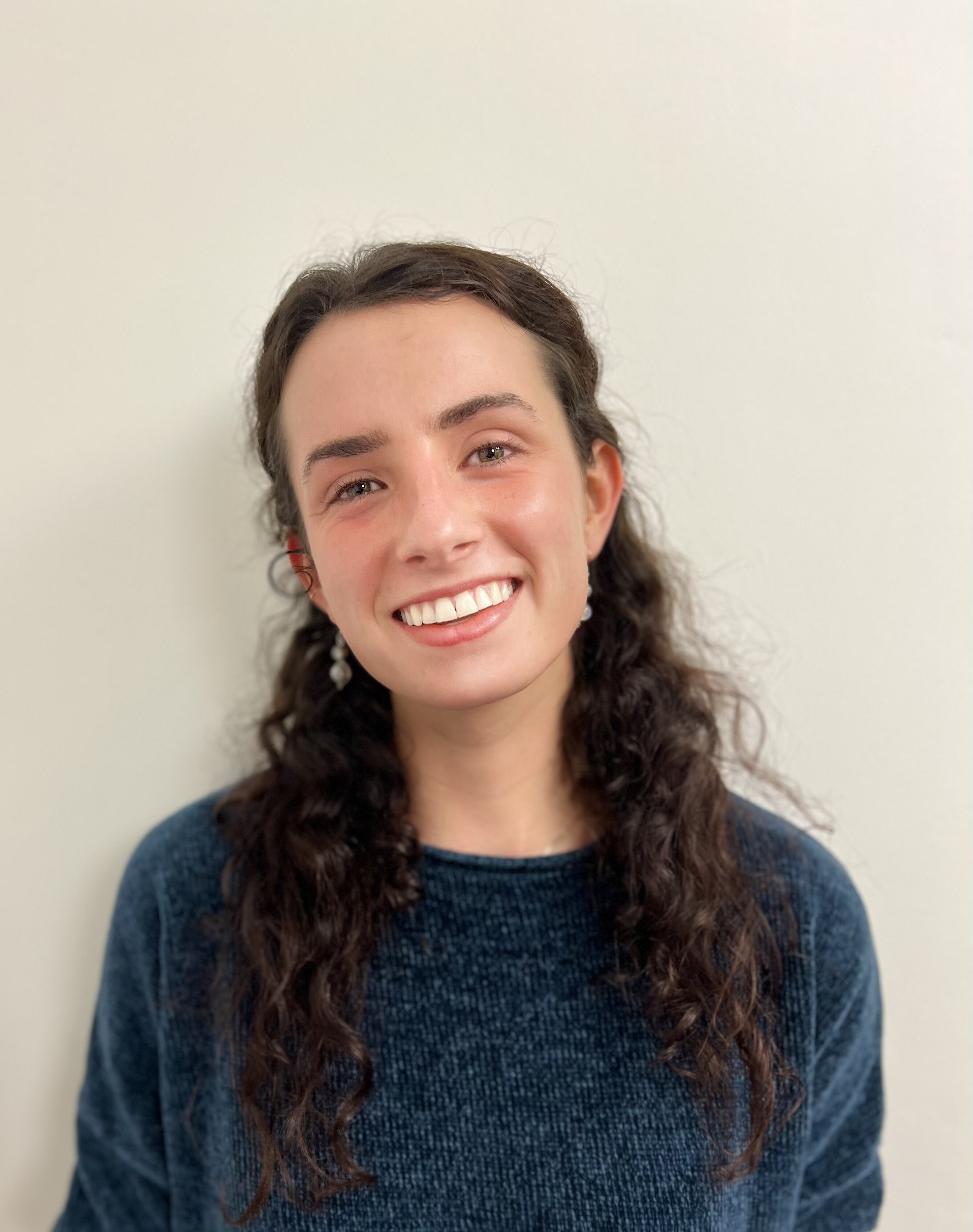
Julia Weiss
- Scholar-elect
- United States
- 2024 PhD Plant Sciences
- Darwin College
Our planet is undergoing simultaneous transformations, with climate change, habitat degradation, pollution, invasive species, disease, and overexploitation posing significant threats to the environment. To truly grasp the impact of these pressures on species, it is essential to delve into their long-term implications and understand how they synergistically interact and cascade within an ecosystem. These are questions that have fascinated me since my undergraduate degree at the University of Michigan. My research in India, where I collaborated with Professor Trevor Price at the University of Chicago, examined the effects of land use change on avian communities and morphology. During my master’s degree at the University of Edinburgh, I studied a different environmental stressor - microplastic pollution. I investigated its interplay with water temperature, aiming to understand how warmer oceans might influence microplastic uptake in sponges. At Cambridge, I will pursue a PhD in Plant Sciences under Professor David Edwards. I will be studying avian communities in Borneo to unravel temporal changes within logged and pristine forests and assess how climate change might exacerbate the impacts of land degradation.
Previous Education
The University of Edinburgh Marine Systems and Policies 2021
University of Michigan Ecology Evolution Biodiversity 2019








